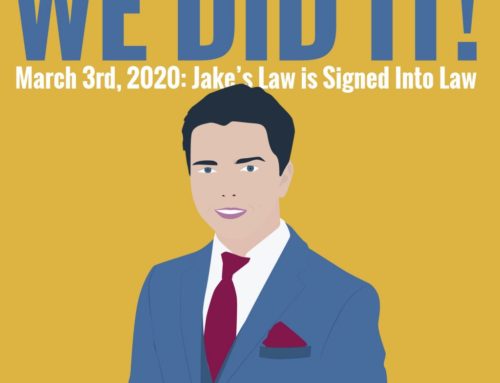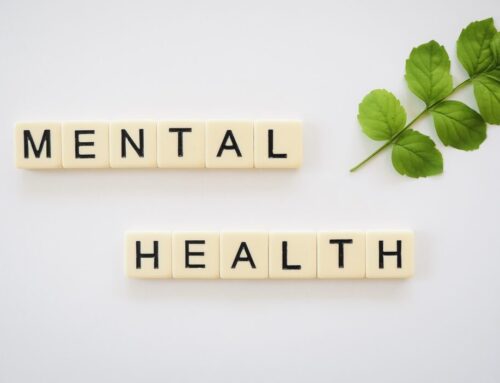Many of you have heard us speak or write about insurance parity. You may be wondering why this is so important and why we are fighting so hard to enact a state law. You may not even understand what parity is. Don’t worry, you are not alone. Insurance parity, or as we often refer to it, insurance equality, can be a difficult subject to understand. Today I want to go over what it is, why it is necessary, and, furthermore, how it could have saved our son Jake.
So, what is it?
Insurance parity is equality between behavioral health and physical health. Did you know there was already a federal law stating that insurance companies who provide behavioral health care must do so equally with physical health? According to Parity Track:
Americans often have more difficulty getting behavioral health treatment than they do accessing other medical care. Even those with health insurance face barriers. Insurance plans charge them more or put more restrictions on behavioral health benefits that are not in place for other medical care. Parity laws at the federal and state level are designed to change this and make health insurance plans treat individuals with behavioral health conditions fairly.
The Mental Health Parity and Addiction Equity Act (a.k.a. the Federal Parity Law ) was passed in 2008, and it requires health insurance plans to cover mental health (MH) and substance use disorder (SUD) benefits equally with physical health. The Federal Parity Law states:
- Health insurance plans CANNOT have higher co-payments and other out-of-pocket expenses for MH/SUD benefits than they do for other medical benefits.
- Health insurance plans CANNOT put higher limitations on the number of visits or days of coverage for MH/SUD healthcare than they do for other medical care.
- Health insurance plans CANNOT use more restrictive managed care practices for MH/SUD benefits than they use for other medical benefits.
Unfortunately, though there is a federal law, some insurance plans are still not treating behavioral health equally with physical health. Our son Jacob was denied care. He was hospitalized twice in under two months for suicidal ideation, and both times was released in only five days. He went into the hospital in September of 2015 and was back in October of 2015. We knew, and his care team knew he wasn’t ready to be released. Still, the insurance company did not feel it was medically necessary for him to remain in-patient. They said he could be treated in an outpatient program we had already tried, that had not been successful in treating Jake. In less than 2 1/2 months, he was gone. If Jake were struggling with a life-threatening physical condition, he would never have been released. We must ensure there is equality between behavioral health and physical health. Had there been parity between the two, Jake would still be here, and I believe that wholeheartedly.
So why do we need a state law if there is already a federal law?
The federal law is complex and can be challenging to understand. Creating a more straightforward state law ensures transparency and easier management. Unfortunately, many states are not enforcing the law, and when other countries investigated insurer practices, they have found numerous violations. Lawsuits like Wit v UBH are further evidence that behavioral health is not being treated equally. Individual states have enacted parity protections, understanding that no one should go without proper MH/SUD treatment.
If we can get our loved ones to the appropriate care, recovery is possible. That is why we are working diligently, along with our coalition, to pass an insurance parity bill in AZ. Those struggling with mental health disorders deserve equal and adequate care.
We know that insurance parity can seem like a complex issue, but at its core, it is behavioral health equality. To learn more about parity, please click here to watch our latest video on parity.
https://m.youtube.com/watch?v=
To learn more about parity visit our parity page
For further resources please visit The Kennedy Forum at https://www.thekennedyforum.org/
To help us in our mission of ending youth suicide, would you consider making a small donation today? Every bit helps. You can donate by visiting http://thejemfoundation.com/donate/






Leave A Comment